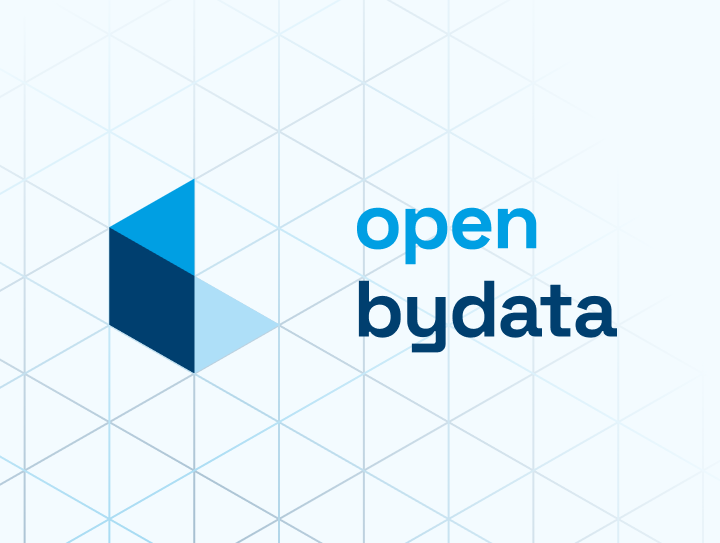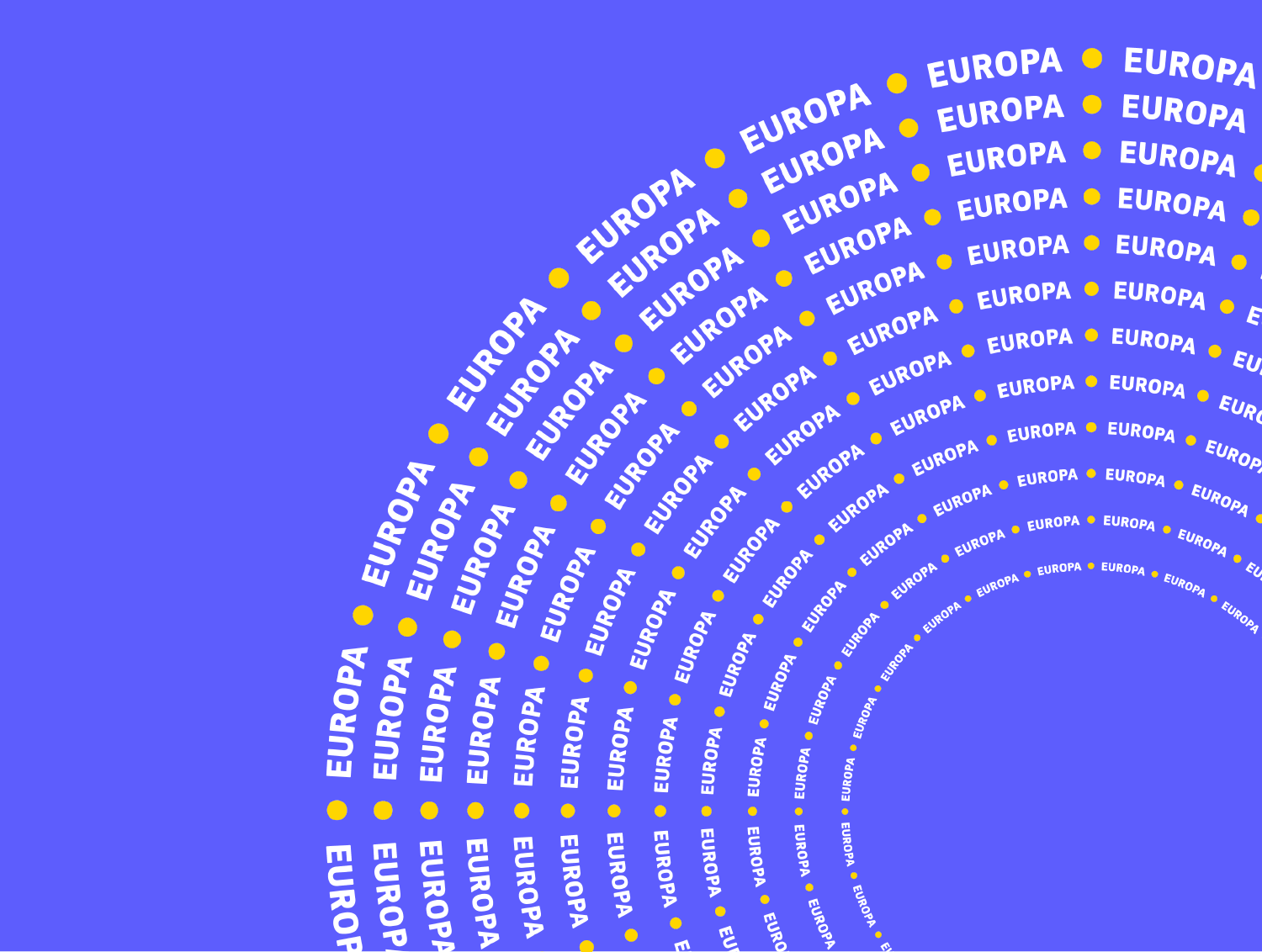583 rezultāti atrasti
Skip results of view Ziņas

Today, the 2023 EU Industry Days have begun in Malaga, Spain, a fitting location as Spain has recently assumed the Presidency of the European Council . The EU Industry Days represent Europe's premier annual event dedicated to key discussions on industrial policy, facilitating connections among industry leaders, and enhancing the knowledge base of European businesses. The Industry Days will take place throughout the entire day from 4 October to 6 October and each day features its own unique schedule and agenda. During this year’s edition, a variety of sessions will be held focussing on the main

The newly launched tool ‘ LinkedDataGPT ’ by Liip , simplifies access to the City of Zurich’s linked data. It provides user-friendly access to specific datasets with the help of AI. Feel free to ask your question about available data and find out the answers the tool provides. LinkedDataGPT follows in the footsteps of ZüriCityGPT , a chatbot where you can ask your questions about the government and administration of the City of Zurich. The platform is continually improving, adding more content and frequently updating datasets. However, it may not be able to answer all your questions just yet
On Friday, 15 September 2023 from 10.00 to 11.30 CET, the data.europa academy hosted the webinar ‘ Data spaces: Experiences from strategic data spaces’. This second webinar in the data spaces series presented the state of play and requirements of two strategic data spaces: the Health data space and the Cultural Heritage data space . With the goal of harnessing the value of data for the benefit of the European economy and society, the European Commission actively supports the development of common European data spaces in ten strategic fields as outlined in the European data strategy . The first

The Data Governance Act (DGA) became officially applicable on 24 September 2023. The regulation aims to empower individuals and organisations with greater control over their data. The DGA's primary objective is to establish a harmonised framework for data sharing and governance across sectors and Member States. It addresses various aspects of data management, including access, sharing, and monetisation, while prioritising data privacy and security. Additionally, the DGA seeks to increase data flows, enhancing the reuse of public sector data that cannot be made available as open data. It will

Today is the European Day of Languages , a day dedicated to celebrating plurilingualism and promoting language learning throughout Europe. This initiative is rooted in the Council of Europe ’s conviction that linguistic diversity serves as a powerful tool for achieving greater intercultural understanding and preserving Europe’s cultural heritage. Europe possesses a wide range of languages, with over 200 European languages spoken by citizens from different regions. The European Day of Languages has been celebrated since 2001 to address the importance of linguistic diversity, encourage the

The Bavarian State Ministry for Digital Affairs recently launched a new version of their open data portal, now branded as ‘ open bydata ’. Following the first publication of the Bavarian Open Data portal in May 2023, this new platform offers over 1,100 datasets from state authorities, municipalities, and research institutions. The Bavarian open data team developed the open bydata portal to create transparency and enable businesses, academia, and civil society to use data for innovation and further improvements to their services. By involving future users from the beginning of the development
On Friday, 6 October 2023 from 10.00 to 11.30 CET, the data.europa academy will host the webinar ‘Data spaces: Discovering the building blocks’. It will present the present the most technical and operational aspects of data spaces, introducing SIMPL , B2 DIGIT ( Directorate General for Informatics) support to data spaces and the role of DSSC (Data Spaces Support Centre), together with the tools and support for the development of these spaces. The first webinar ‘Data spaces: Introducing the concept and relevance in today’s world’ took place on 12 May and introduced the concept of data spaces

On 13 September 2023, the President of the European Commission Ursula von der Leyen outlined past achievements and future ambitions for Europe in her State of Union address . This address marked the final one for the current Commission before the European elections in 2024 , providing Von der Leyen with an opportunity to highlight the achievements of the past years in her speech. Europe continues to pursue its climate ambitions, with the European Green Deal being one of its flagship initiatives. “Food security, in harmony with nature, remains an essential task”. Von der Leyen mentioned in her

The recently published policy brief by Think20 , titled ‘ Open Data as Backbone of Digital Public Infrastructure: Prioritising High-Value Datasets for Effective Governance ’ proposes a shared G20 Open Government Data (OGD) commitment to further improve the Digital Public Infrastructure. Based on empirical evidence and legislations, the brief lays down an action plan for the implementation of this shared commitment. Think20 is an official Engagement Group of the G20 bringing together think tanks and experts to discuss policy issues. Open Government Data (OGD) is vital for improving the Digital
On Friday 29 September 2023 from 10.00 to 11.30 CET, the data.europa academy will host a webinar focusing on the policy dimension following the Open Data Maturity (ODM) report 2022 . This is the fourth webinar in a series of webinars on the ODM report 2022. The first webinar, that took place on 10 February 2023, introduced the Open Data Maturity assessment, provided insights into the level of maturity of the 35 participating countries in Europe and presented the main trends. During this webinar, the four dimensions of ODM were introduced: quality, portal, policy and impact. The second webinar
